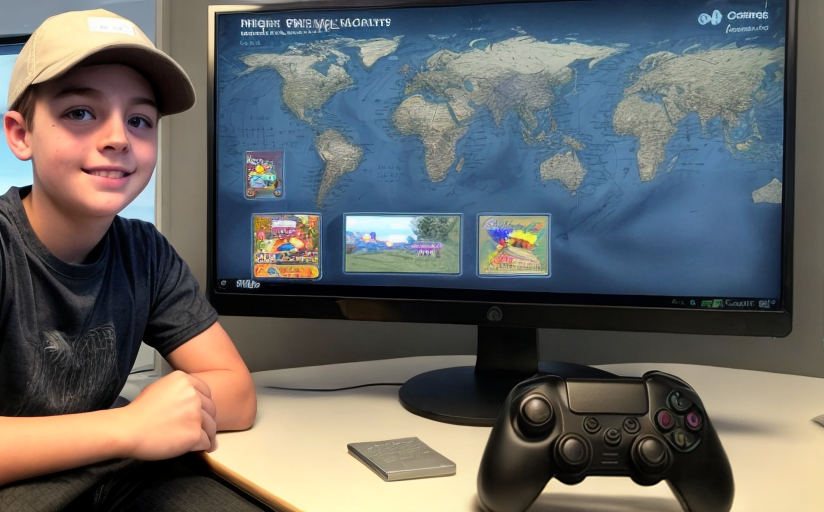The Influence of Video Games on Educational Learning
Contrary to the prevalent belief that video games are merely a source of entertainment, more people are beginning to accept their potential as effective educational instruments. With the substantial expansion of the gaming industry and its popularity across all ages, the role of video games in education is becoming increasingly significant. This article delves into the relationship between video gaming and education, along with the potential benefits and drawbacks of gaming on learning processes.
The Current State of Video Games in Education
Video games in the education sector have rapidly progressed over the last few years. Many schools and educational institutions are increasingly integrating video games into their curriculum as they recognize the value of interactive learning. From language learning games like Duolingo to mathematical problem-solving games like Prodigy, the educational gaming arena is expansive and still growing.
Enhancing Learning through Video Games
Video games prove to be engaging mediums that can enhance a wide range of cognitive and motor skills. They can promote critical thinking, spatial reasoning, problem-solving, and teamwork. For instance, games such as Minecraft and Civilization encourage creative thinking and strategy development. Furthermore, role-playing games can help in understanding complex narratives, developing empathy, and learning about various cultures and histories.
Negative effects of Video Games
While video games have positive impacts, they also have potential negatives. It includes the risk of addiction, social isolation, and aggression, especially when not used responsibly. Prolonged gaming can lead to physical health issues like obesity and vision problems. As such, there has to be an equilibrium between gaming and other educational activities.
The Role of Educators in Integrating Video Games
Teachers and educators play a pivotal role in integrating video games into the curriculum effectively. It is crucial that they understand the learning outcomes associated with a specific game and align it with the teaching objectives. The successful integration of video games in education depends largely on the educator's ability to blend traditional teaching methods with these contemporary tools.
Future Prospects of Video Games in Education
The prospects of utilizing video games for educational purposes are limitless. Simulative games are providing students with experiential learning. Augmented Reality (AR) and Virtual Reality (VR) games are expected to make learning more immersive and engaging. As research continues in this field, we will likely see an even greater optimization of video games for learning.
Conclusion
There's no denying that video games influence educational learning significantly. However, it is crucial to balance their use to harness their learning potential while minimizing possible negative impacts. The decision makers in education, parents, and teachers need to continuously assess and learn best practices to leverage video games as a positive and effective learning tool.



















Comments
Leave a Comment